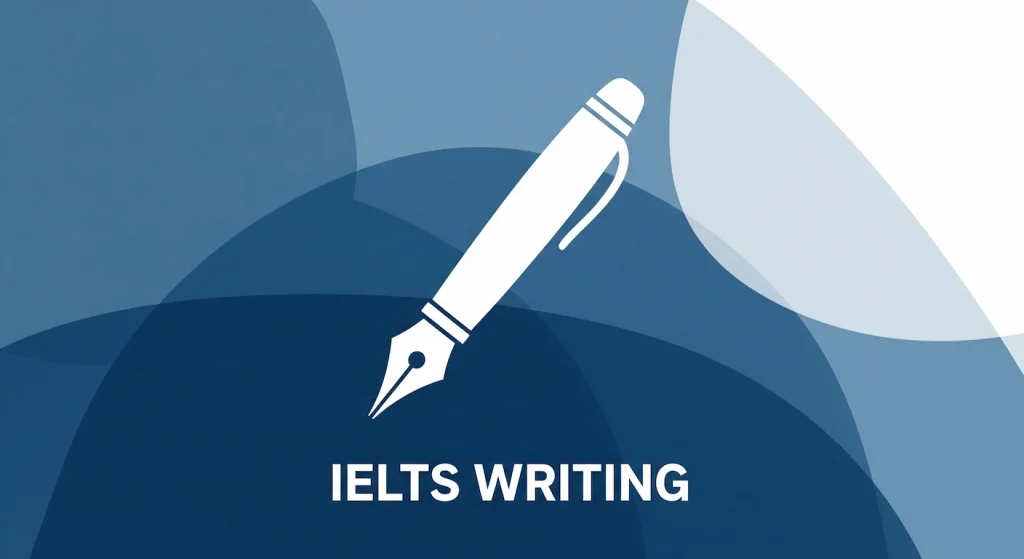
Are you concerned that simple, hidden errors in your IELTS essay are costing you the band score you deserve? Many test-takers make the same critical writing mistakes without realizing it, leading to frustration and disappointing results. In this guide, we will identify the seven most common IELTS writing mistakes and provide clear, step-by-step instructions on how to fix them.
Understanding these common errors is the first step toward improving your score. Each mistake impacts one of the four official scoring criteria: Task Response, Coherence and Cohesion, Lexical Resource, and Grammatical Range and Accuracy. Let’s break down these critical ielts writing mistakes and learn how to avoid them.
One of the most damaging mistakes is failing to address all parts of the prompt. If the question asks you to discuss both the advantages and disadvantages of a topic, you must cover both equally.
Wandering away from the main topic or failing to meet the minimum word count (150 for Task 1, 250 for Task 2) will result in a penalty.
IELTS Writing is an academic test. Using slang, contractions (like “don’t” or “can’t”), or overly casual language is inappropriate and will lower your score.
Simple grammatical mistakes can significantly impact your score. Errors with subject-verb agreement (e.g., “he go” instead of “he goes”) and articles (a/an/the) are particularly common.
An essay without a clear structure and logical flow is difficult to follow. Each paragraph should have a clear main idea, and you must use linking words (e.g., “Furthermore,” “In contrast,” “Therefore”) to connect your ideas.
Repeatedly using the same words demonstrates a limited vocabulary. Examiners want to see a range of appropriate words.
Your conclusion should summarize your main points and restate your position. Ending your essay abruptly without a conclusion leaves it feeling incomplete.
Knowing the most common ielts writing mistakes is only half the battle. You need a reliable method to find and fix them in your own practice essays.
To check your own writing for mistakes, use the last 3-5 minutes of your test time to review your work with this simple proofreading checklist:
Self-correction is a good start, but it has one major limitation: you can only find the mistakes you already know you are making. For many learners, critical errors in grammar, vocabulary, and structure remain invisible. This is why obtaining external feedback is crucial to improving your IELTS writing score.
The modern solution for fast and effective essay correction is WriteWiseAI’s AI-powered feedback tool. Unlike a human tutor who may take days, our AI checker provides instant, detailed analysis of your writing. It can pinpoint precise grammatical errors, suggest better vocabulary, check your writing plan and structure, and score your essay against official IELTS criteria. This allows you to quickly see your weaknesses and focus your practice where it matters most.
Avoiding critical IELTS writing mistakes—such as failing to answer the prompt, using informal language, and making simple grammar errors—is the key to a higher score. Always plan your response, write clearly, and check your work for these common issues. The fastest way to improve is to identify your recurring error patterns. Instead of simply writing more, focus on analyzing your essays with targeted feedback to correct one or two types of mistakes at a time.
Our AI is trained to spot these exact mistakes. Stop guessing and get a precise error analysis in seconds.
Get instant, AI-powered feedback on your IELTS essays. Improve your writing, structure, and vocabulary with WritewiseAI’s world-class technology.
Get instant, AI-powered feedback on your IELTS essays. Improve your writing, structure, and vocabulary with WritewiseAI’s world-class technology.